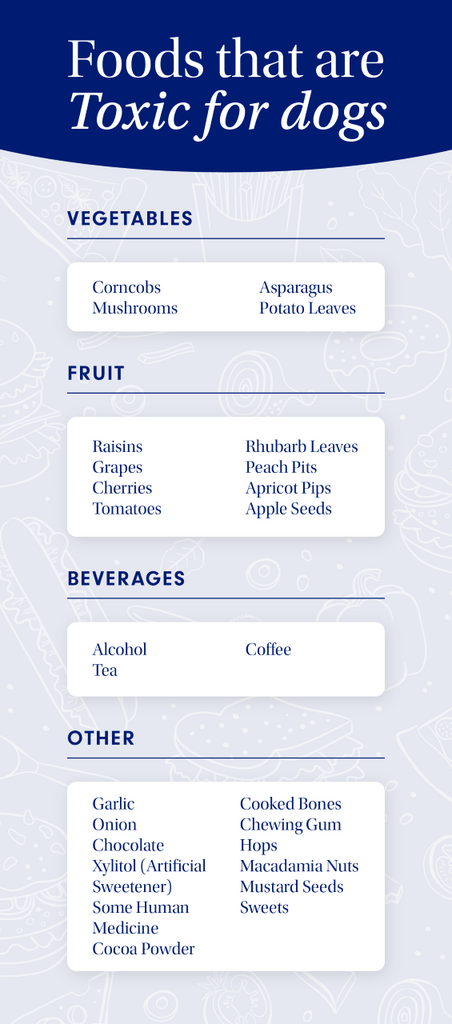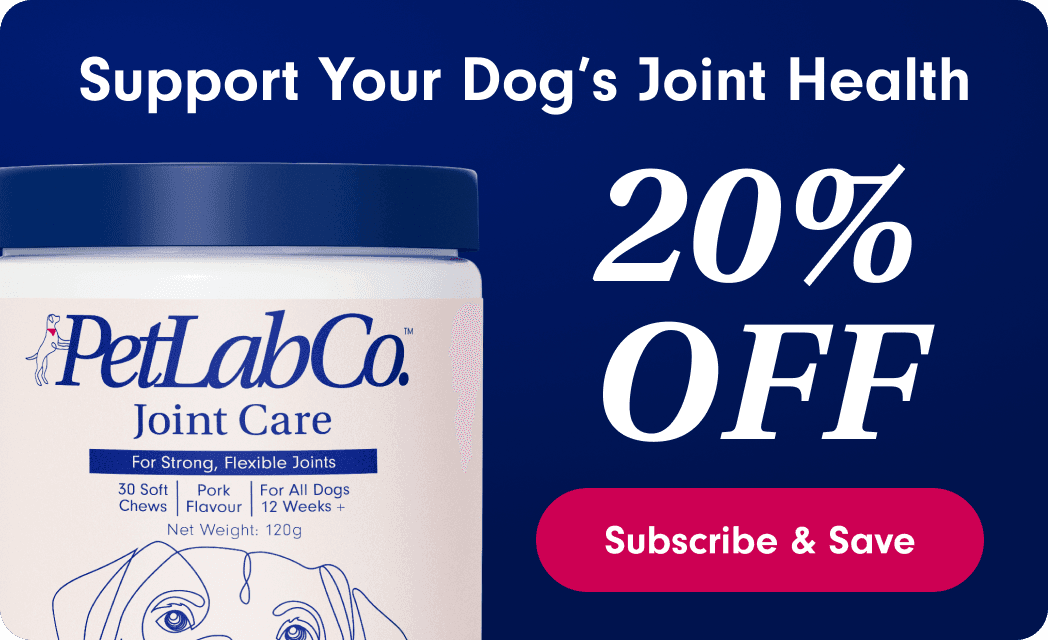
Can Dogs Eat Mushrooms?
Estimated Read Time: 5 minutes
Summary: In this blog, we ask the question “can dogs eat mushrooms?” Learn whether mushrooms are bad for dogs or good for dogs, whether there are any benefits to introducing mushrooms to your dog, and the types of mushrooms you should definitely avoid…
Mushrooms are a popular vegetable, and for us humans they come with a host of benefits for us: they’re a source of Vitamin D, contain essential antioxidants and have prebiotic properties which is great news for our gut health. However, can the same be said for our dogs? Are mushrooms toxic for dogs...?
Can Dogs Eat Mushrooms?
When it comes to dogs and mushrooms, it’s a tricky subject. Quite frankly, the answer is yes and no. It depends on the type of mushroom entirely… And there are many!
The following types of mushrooms are incredibly toxic for a dog (and a human!) to consume:
- Amanita muscaria (Fly agaric)
- Gyromitra species (False morel)
- Inocybe species
- Clitocybe dealbata mushrooms
- Amanita phalloides (Death cap)
- Galerina marginata (Deadly Galerina)
- Amanita gemmata (Jewelled death cap)
And, unless you’re an expert, these mushrooms are also very difficult to identify when out in the wilderness. It’s best to assume every mushroom you see on an adventure out with your pup is poisonous. Our PetLab Co. advice would be to steer clear of allowing your dog to eat anything in the woods or forest, as certainty of safety is almost impossible.
If your dog is suspected of consuming a mushroom whilst out on a hike or a walk, you should act fast and get them to a vet. In some cases, mushroom poisoning in a dog can prove fatal…

Mushroom Toxicity In Dogs
The most common signs of mushroom poisoning in dogs include;
- Shaking or trembling
- Vomiting
- Issues with their bowel movements
- Abdominal discomfort
- Salivating
- Weakness, or even collapse
- Skin yellowing
If your dog has eaten an unidentifiable mushroom, or is even just suspected of it, it is normally considered an emergency. Do not delay in getting your dog to a veterinarian.
Mushrooms For Dogs
All of that said, there are definitely types of mushrooms that dogs can consume with no problems at all, and even reap health benefits from. These are typically shop-bought mushrooms like;
- Closed cup
- White button
- Cremini
- Shiitake
- Maitake
- Portobello
- Porcini
- Reishi
To aid in digesting the mushrooms, make sure to cook them before giving them to your dog (preferably in a light spray of olive or sunflower oil - not butter). Fresh or dried mushrooms can prove difficult for your dog’s body to process. Do not add any additional spices or flavourings like garlic or onion, as these can be toxic to dogs.
However, as with any new foods you or your dog may eat, it’s good practice to consider potential allergies. If your dog reacts in any physical way after eating something new, like a mushroom, err on the side of caution and do contact your vet.
PetLab Co. Pro Tip: Only try one mushroom type at a time, then you can be sure which one causes any trouble – if any!

Benefits Of Introducing Mushrooms To Your Dog’s Diet
As we mentioned earlier, safe mushrooms are packed with beneficial nutrients that your dog can potentially reap. Mushrooms for dogs can;
- Improve their general nutrient levels
- Support their kidney and liver functioning
- Stabilise blood sugar levels and their metabolism
- Boost fibre and protein levels
- Aid in lowering cholesterol
- Support weight loss
- Help prevent viral infections
- Boost their immune system
- Help reduce blood pressure
- Support in preventing illness and disease
So, it might be worth considering letting your dog try some mushrooms next time you have them in your kitchen - but only under your supervision, and only with mushrooms bought from the grocery store.
Below you’ll find our handy PetLab Co. guide detailing what other foods are known to be toxic to dogs that you should avoid:

Sources
Author Arneberg, Camille “Mushrooms For Dogs: What You Need To Know” Pet Honesty, Nov 12. 2021 https://www.pethonesty.com/blogs/blog/mushrooms-for-dogs-what-you-need-to-know
“Can Dogs Eat Mushrooms?” Trupanion, https://trupanion.com/pet-care/can-dogs-eat-mushrooms#:~:text=Dogs%20do%20not%20create%20the,pet%20to%20aid%20in%20digestion
Author Shubrook, Nicola “Top 5 Health Benefits Of Mushrooms” BBC Good Food, Jul 19. 2021 https://www.bbcgoodfood.com/howto/guide/health-benefits-mushrooms







